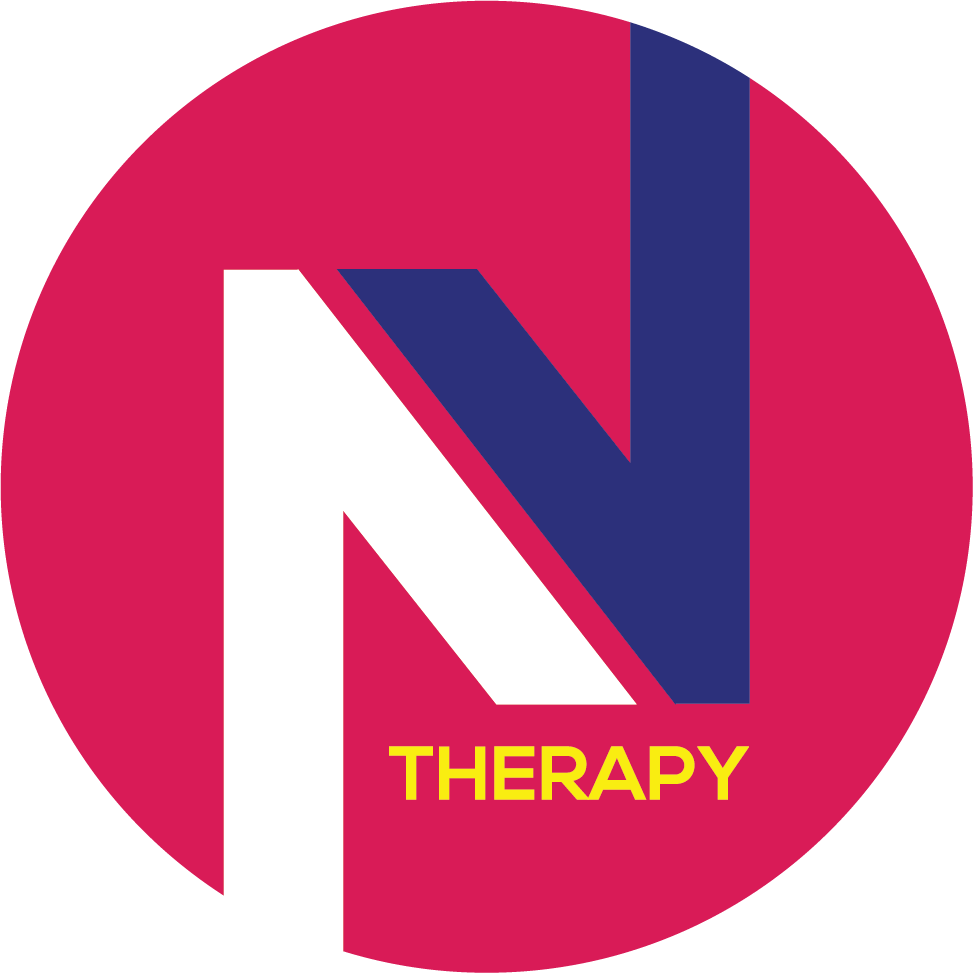AREAS OF SUPPORT
INJURY PSYCHOLOGICAL REHABILITATION
When physical trauma occurs, such as injury, our bodies activate a protective mechanism.
The energy of the trauma is stored in our bodies’ tissues (primarily muscles and fascia)
Our brain can disconnect from the body to block the experience – An area of our body that our brain is disconnected from can take longer to heal itself.
Incorporating the Mind | Body therapy I offer, along with physiotherapy, strength conditioning and nutrition. Will help you release the stored trauma; which has been proven to optimize recovery time.

When an athlete is back to full physical fitness, if the psychological impact is not dealt with, the brain can still sense the injured area. Or become hypervigilant towards a reoccurrence of injury in the body, this will down-regulate power to the muscles.
Hypervigilance is a symptom of Post Traumatic Stress Disorder (PTSD)
Other symptoms may include, avoidance and dissociative behaviours. All can significantly impact an athlete’s sport related function, which in turn, can delay recovery from musculoskeletal injury.
PTSD reactions to the stress may persist long after the actual danger has ended.

PSYCHOLOGICAL TRANSITIONS & INJURY
Stressful life events can increase the risk of injury.
These events and experiences may include:
Illness
Bereavement
Moving home
Getting married
Separation or divorce
Marital reconciliation
Starting a family
Family issues
Rejection
Identity / gender
The emotional pressure of stress can adversely affect the body’s central nervous system (CNS). Causing additional pressure on blood vessels, which results in reduced blood flow to the muscles.
Muscle rigidity is often triggered by mental stress.
The nervous system plays a role in nearly every aspect of physical and mental performance. It guides automatic activities such as breathing, thinking, and focus.

GROWTH MINDSET
Commonly named ‘new learning’ is the result of Neuroplasticity (new connections) in the nervous system and neuronal networks.
By harnessing the power of Neuroplasticity, you will be able to think more clearly, develop greater focus, be in the moment and manage reactive emotions.
Self improvement and resilience are the corner stones to Growth Mindset.
Maintaining a positive attitude.
Self-motivation.
Positive self-talk.
Positive mental imagery.
Manage anxiety effectively.
Manage emotions effectively.
Growth Mindset cannot be accessed in the absence of nervous system regulation.

ACCESSING FLOW STATE
Flow State, otherwise known as in the Zone, is when peak performance is most likely to occur.
The ability to focus is crucial to obtaining / maintaining Flow State: Distractions, such as, perceived stressful life events, critical thinking, impulsivity and neuroticism (tendency to easily experience negative emotions) all hinder flow.
Acquiring a Mental skill level which is in balance with your physical capabilities, will enhance your ability to access your Flow State more readily.
Learning to regulate your nervous system, emotions and thoughts, is paramount to this process.

